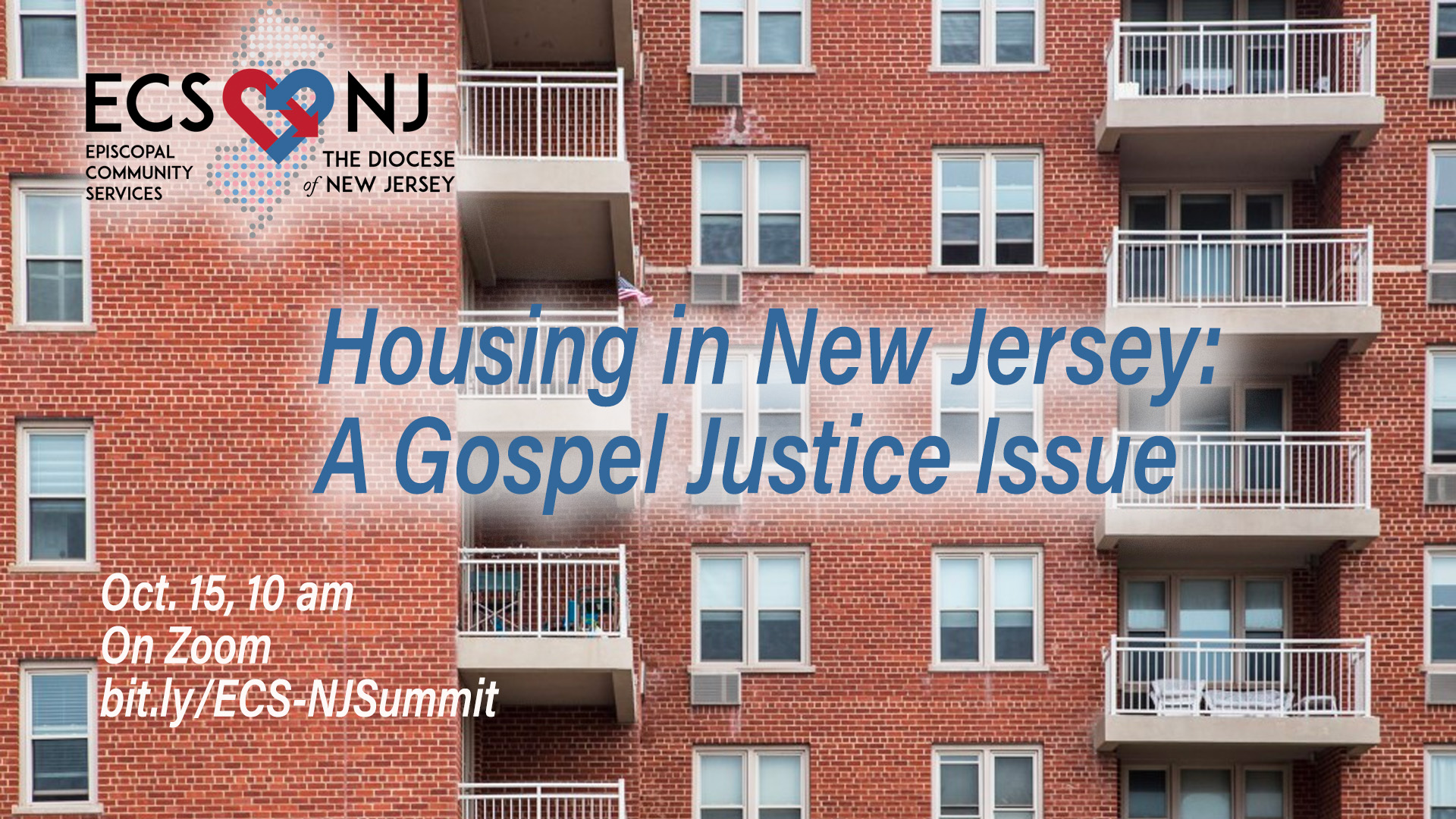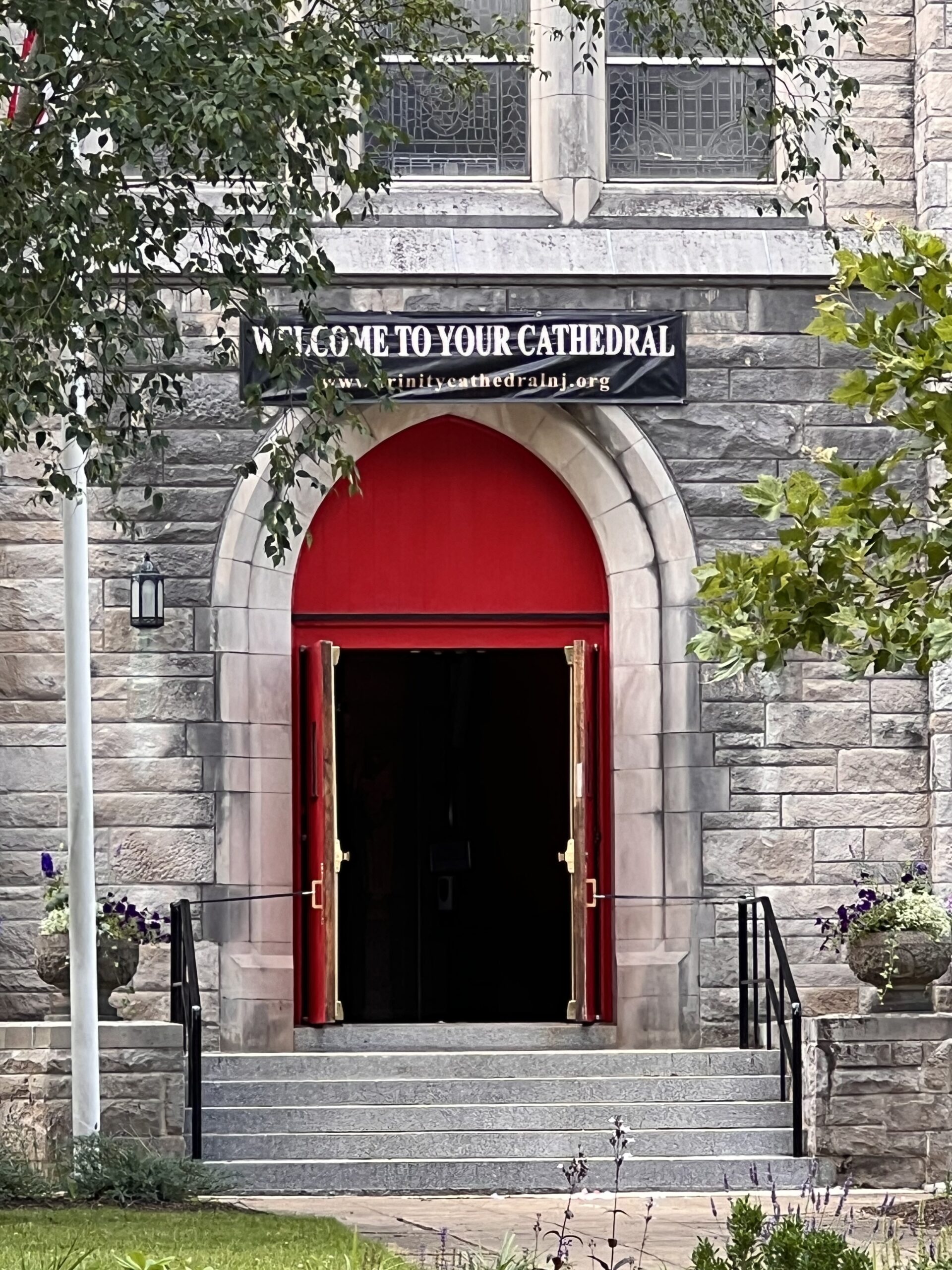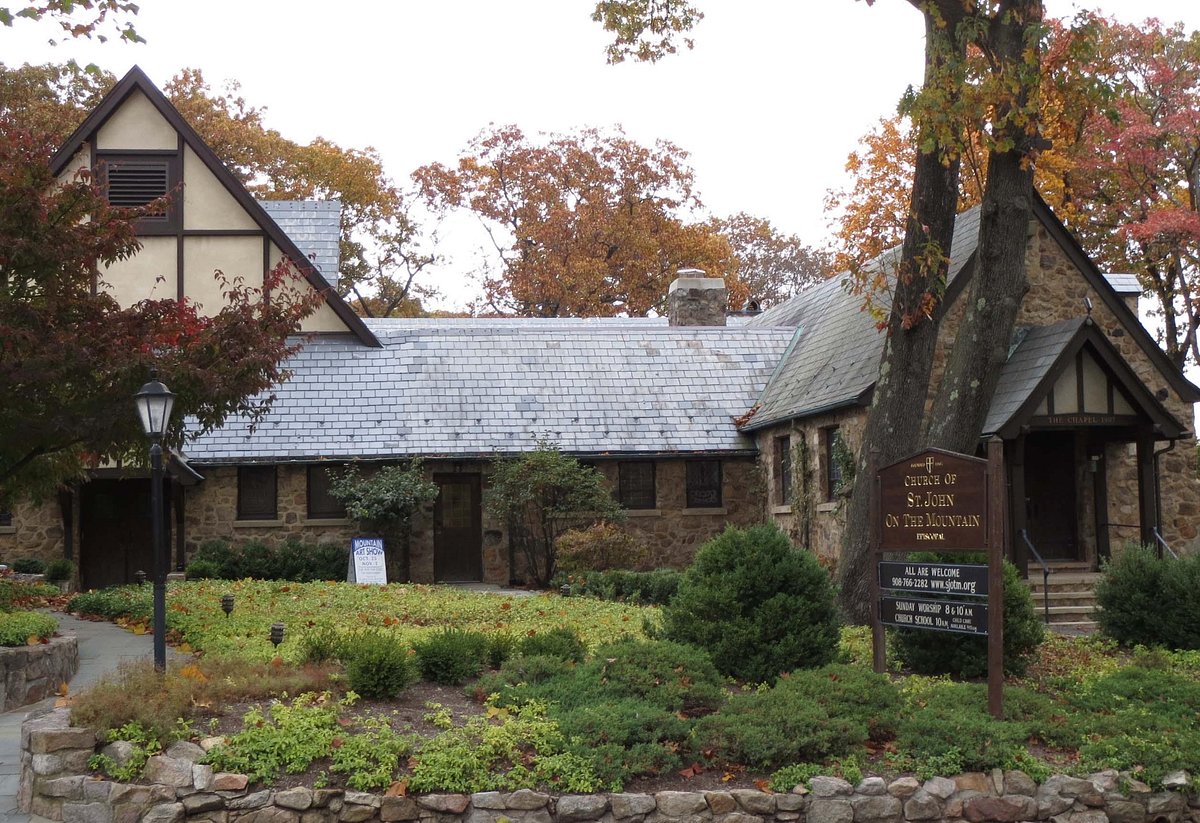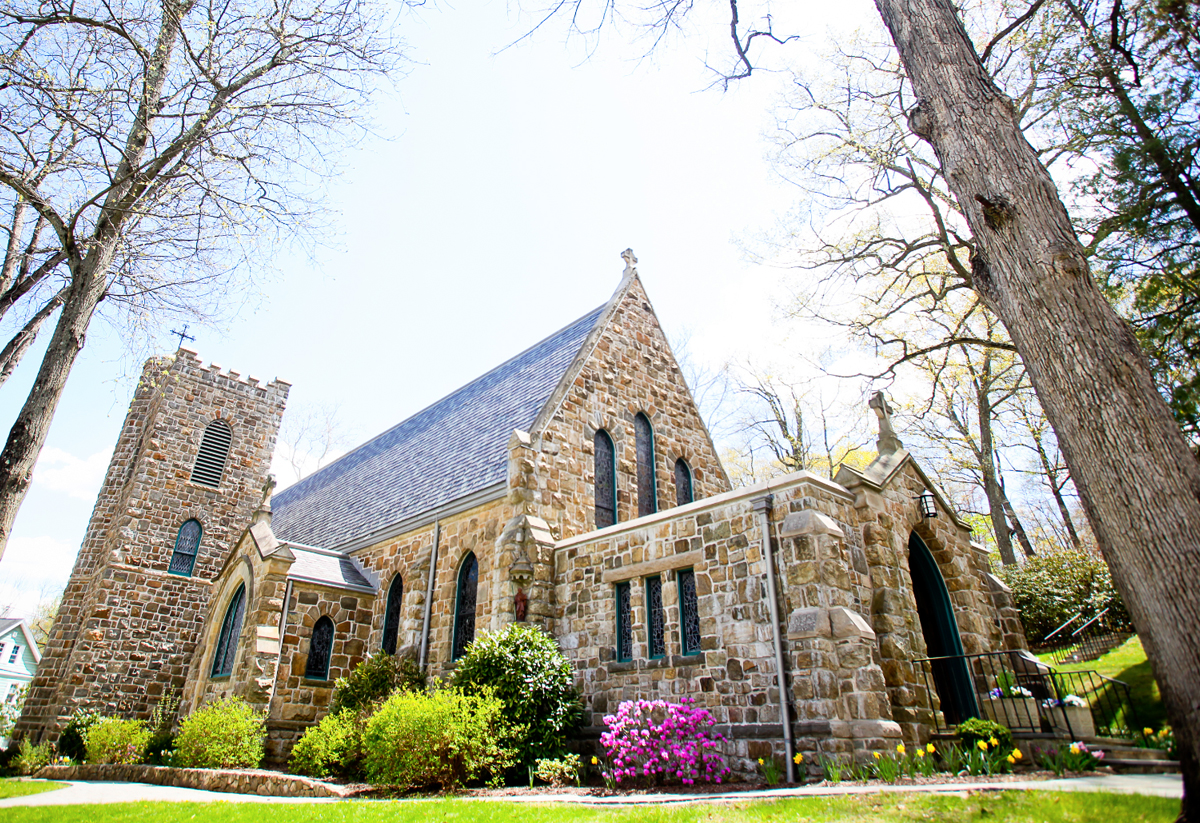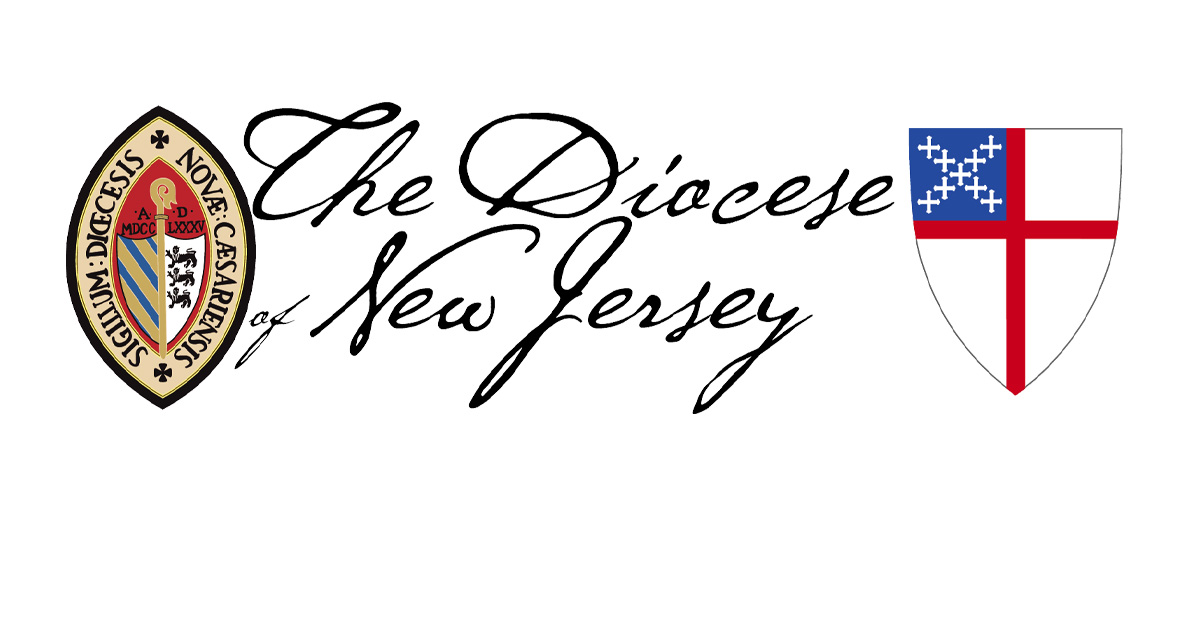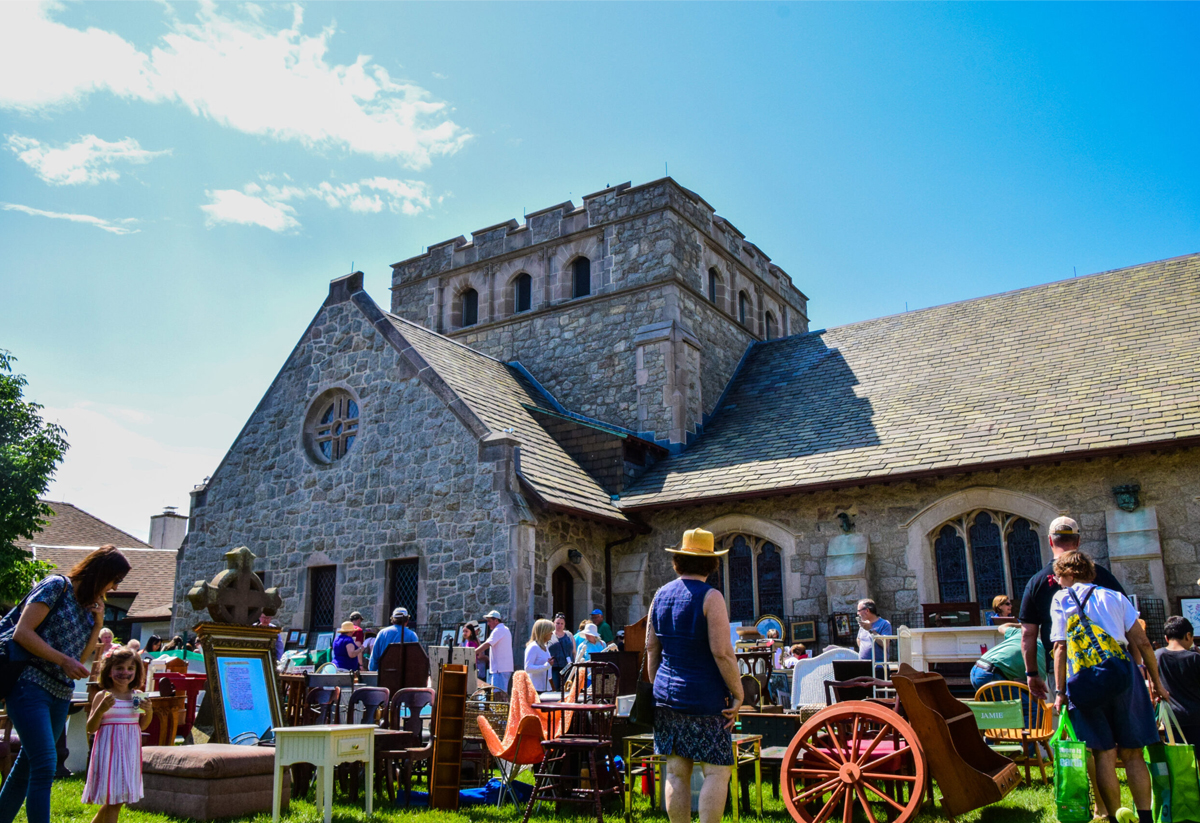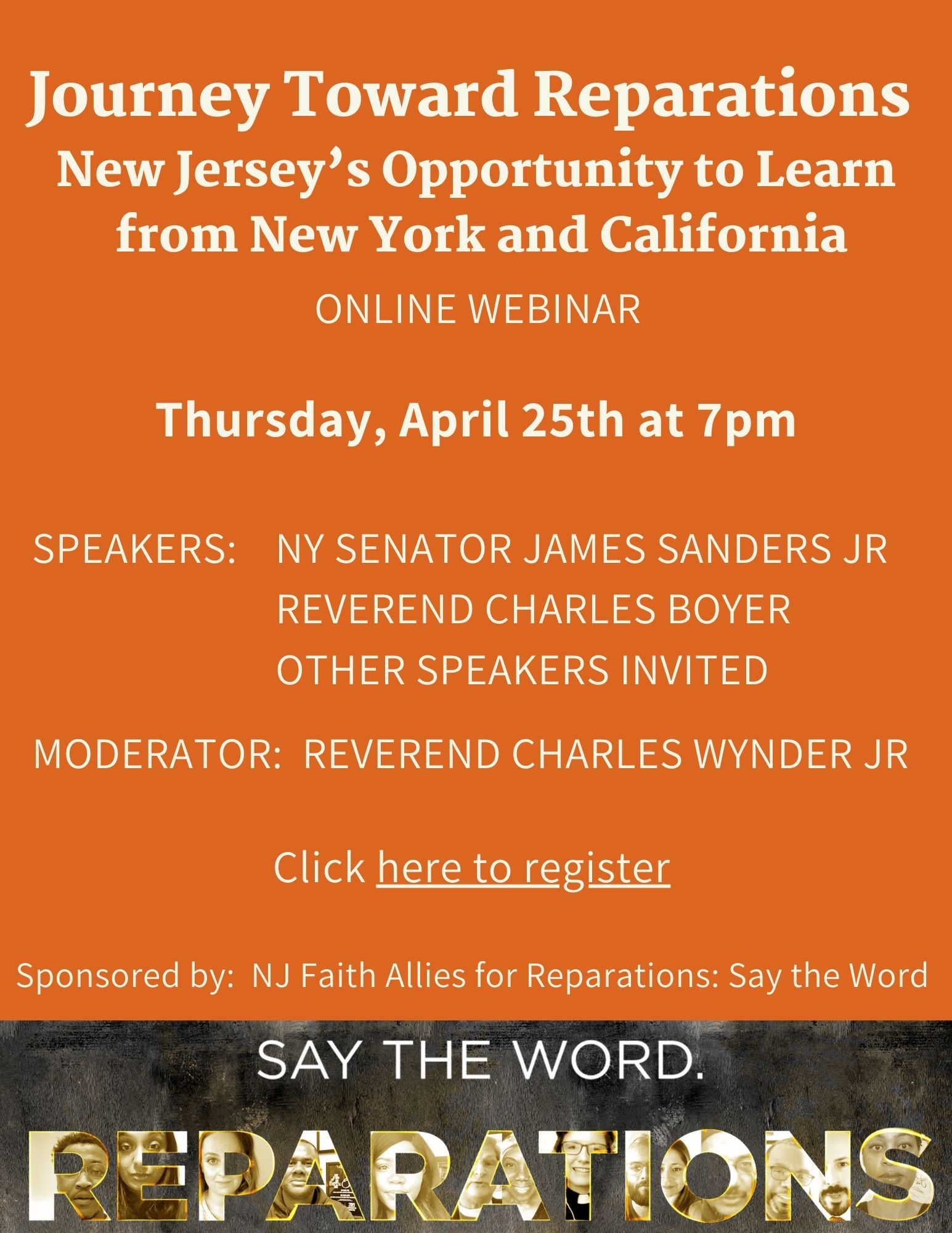in secure dwellings, and in quiet resting places.

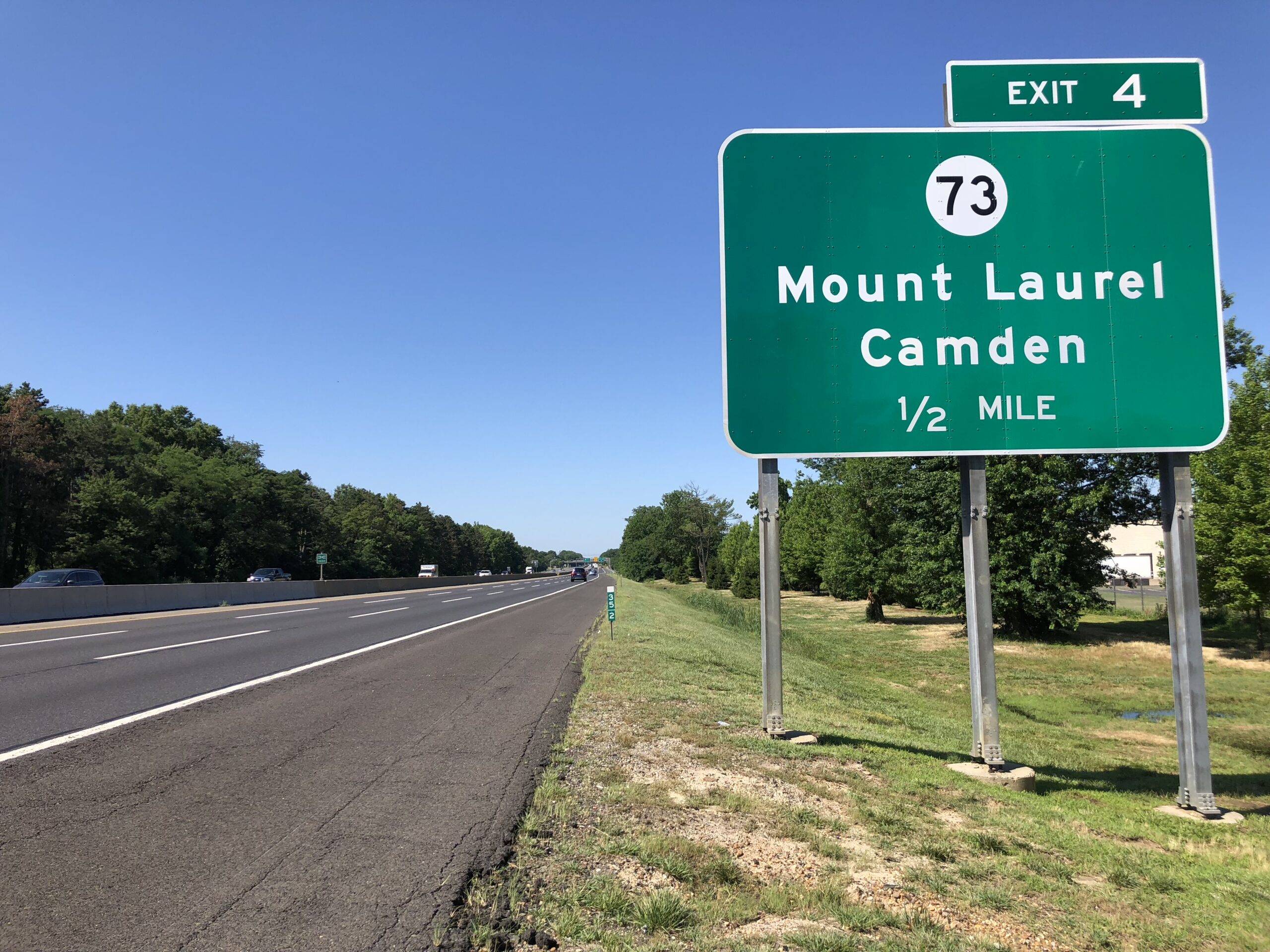
Dear People and Friends of the Diocese of New Jersey,
Even before the COVID19 pandemic, New Jersey faced a significant housing affordability crisis. A 2017 special report on NJTV about a significant court decision involving Mount Laurel and the co-called “Mount Laurel Doctrine” began with the accurate observation, “New Jersey is famous for having one of the highest costs of living of any state in the country.”[1] The challenge of affordable housing has not only continued to plague the state since then, it has been compounded by the COVID19 pandemic. New Jersey’s housing affordability crisis affects all of the state’s residents. As a July 2022 Opinion piece in the Asbury Park Press co-authored by University of Monmouth Economic Instructor Gina McKeever and Economics Professor Robert H. Scott, III stated:
Affordable housing in New Jersey is important for many reasons. The median household income in New Jersey is around $85,000, so 50% of households in the state have less than that level of income. Many of these people are not high-risk borrowers, but rather teachers, nurses, frontline workers of all types, and families. It is not about free rent or free housing; it is about being able to afford a decent place to live in New Jersey. Housing costs are high relative to incomes in New Jersey making housing unaffordable for many people.[2]
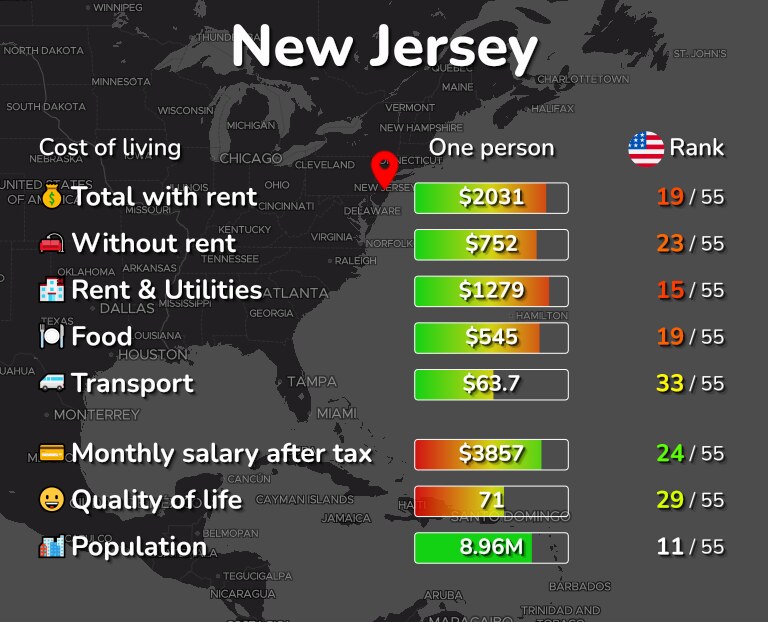
New Jersey’s Housing Affordability crisis is particularly acute for the state’s people of color, especially those with black and brown skin. The disparities in housing affordability and wealth development are rooted in the racial injustices which are deeply entrenched in our state’s history as well as that of our nation. The New Jersey Institute for Social Justice makes this clear when they report:
Housing policy led to the racial wealth gap in New Jersey. Black people—through slavery, racially restrictive covenants, exclusion from the GI Bill, redlining, and predatory lending practices, among other actions—have been systematically denied the same opportunities for wealth building through homeownership afforded to white households.[3]
As the NJISJ also observes, “These barriers are not a thing of the past and must be addressed through policy change.”[4] What might the policy changes look like?
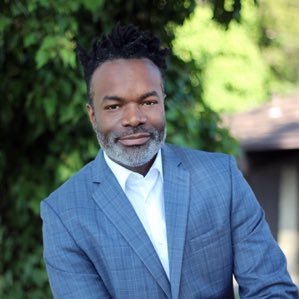
Tomorrow, Saturday, Oct. 14, my friend and colleague in ministry, the Rev. Eric Dobson, who serves as the Deputy Director of the Fair Share Housing Center, will be the featured presenter at our Episcopal Community Services of New Jersey (ECS-NJ) Fall Summit, “Housing in New Jersey: A Gospel Justice Issue.” This will an online event and will begin at 10:00 AM. To register, click here.
Housing is such a basic human need. Everyone deserves to have a decent home in a safe community where people of all ages can not merely survive, but thrive. Sadly, too often this isn’t the case. We are not powerless to do something about this however. Moreover, we are called by our baptismal promises to this. It is Christ’s work. It’s the work of Christ’s kingdom.
Join us tomorrow for this important summit. We will all learn more about the issue. We’ll also learn what we can do about it.
Blessings and peace.
In Christ,
 The Right Rev. William H. Stokes
The Right Rev. William H. Stokes
Bishop of New Jersey
______________________________
Notes
[1] See “New Jersey’s Affordable Housing Crisis – How did we get here?” – NJTV/PBS Chasing the Dream – September 5, 2017 found at NJ’s Affordable Housing Crisis: How Did We Get Here? – Chasing the Dream | PBS
[2] McKeever, Gina and Scott III, Robert H. “New Jersey’s unaffordable housing opportunity is a crisis in waiting” – July 29, 2022 – Asbury Park Press website – found at new jersey housing unaffordable for many (app.com)
[3] “Erasing New Jersey’s Redlines: Reducing the Racial Wealth Gap Through Home Ownership and Investment in Communities of Color – A Report from the New Jersey Institute of Social Justice, p.2- found at Erasing_New_Jersey’s_Red_Lines_Final.pdf (d3n8a8pro7vhmx.cloudfront.net)
[4] Ibid.

